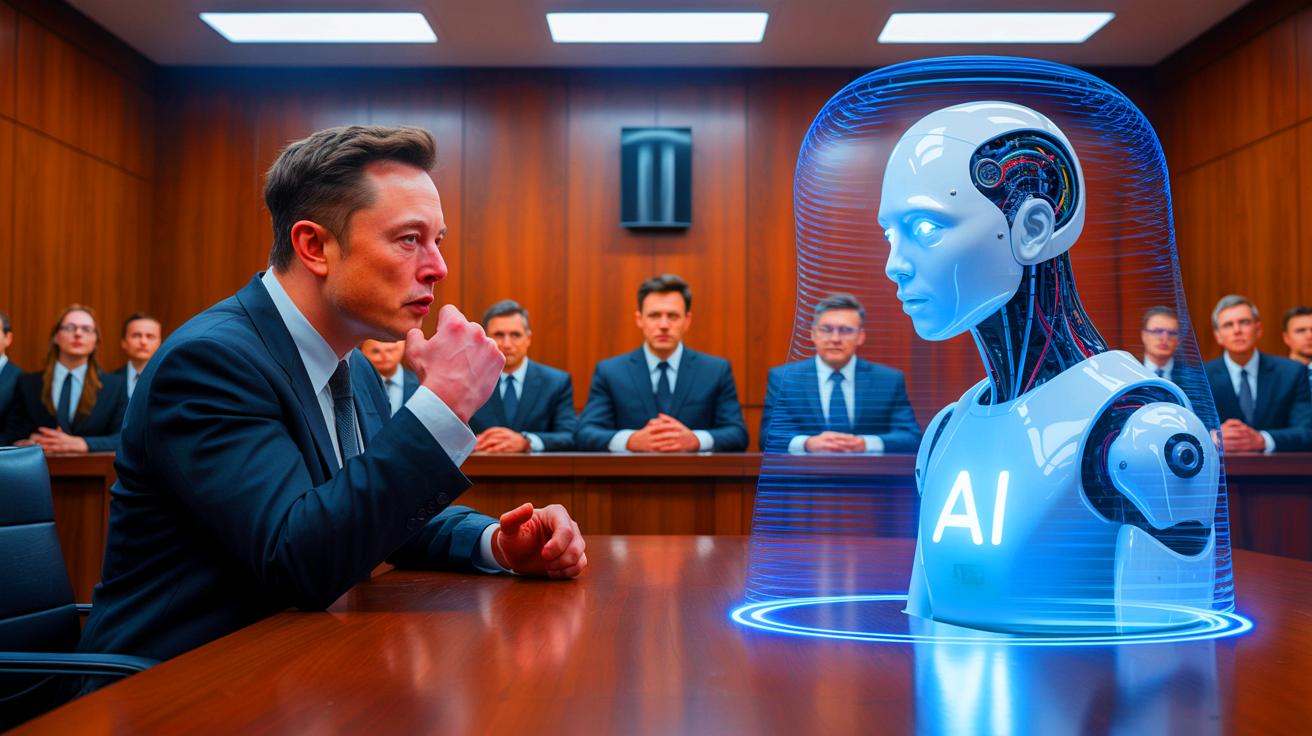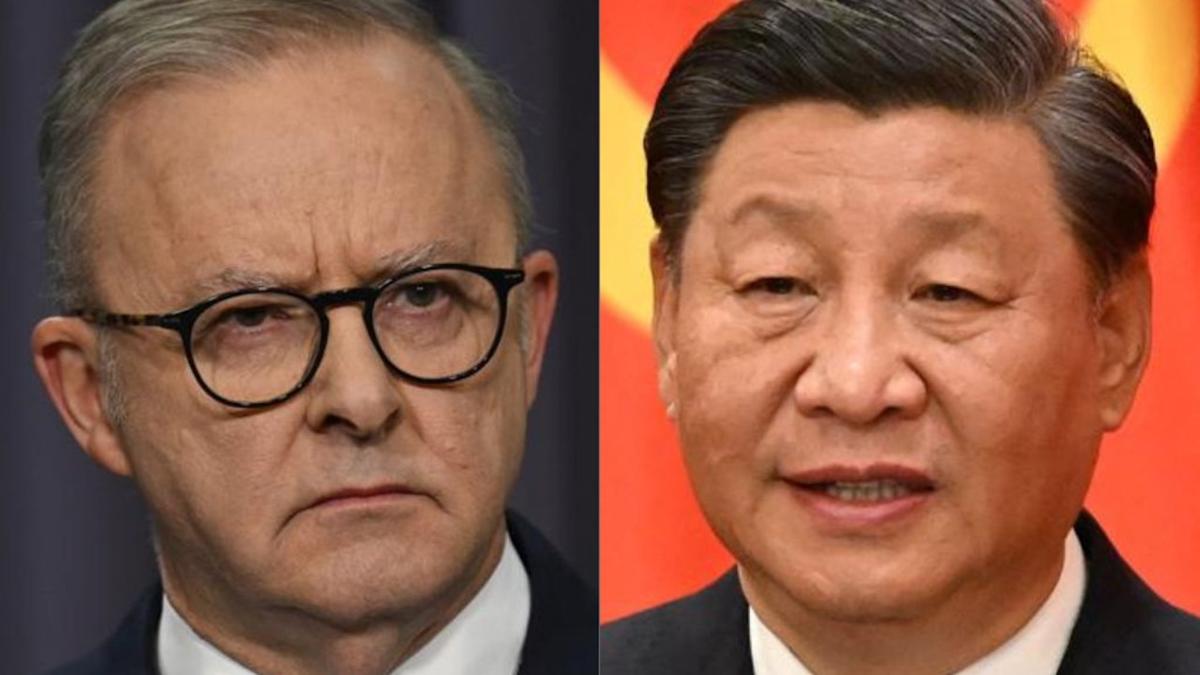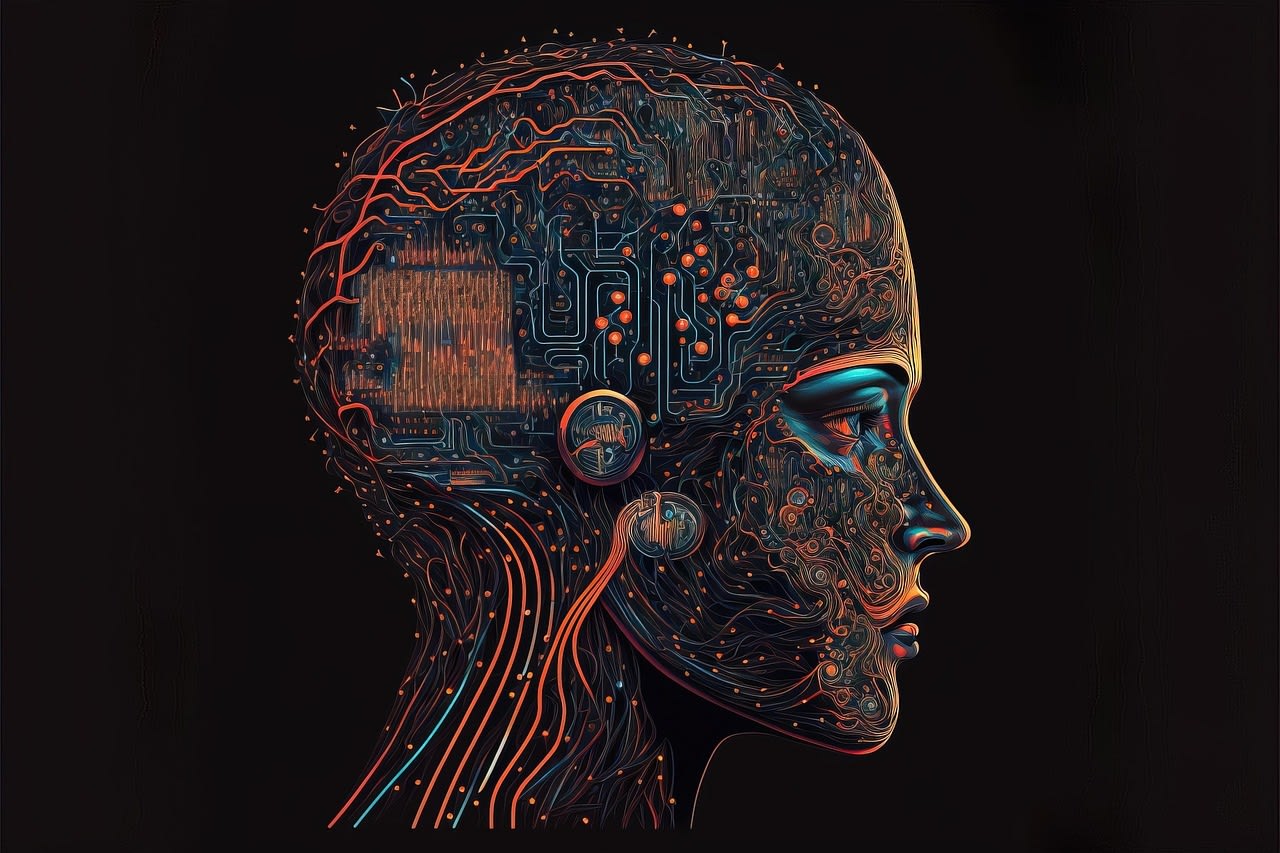
Elon Musk and his artificial intelligence company, xAI, have filed a lawsuit against OpenAI, alleging the company has strayed from its foundational agreement to create AI technologies for the good of humanity rather than for commercial enterprise. The legal case, which has drawn significant international attention, hinges on claims that OpenAI’s current direction—as led by its partnership with Microsoft and recent commercial AI developments—violates the principles upon which it was originally founded.
Musk, one of OpenAI’s co-founders, has long expressed concerns about the ethical development of artificial intelligence and its potential consequences for society. The lawsuit argues that OpenAI has departed from its original mission, transforming instead into a profit-oriented organization leveraging advanced AI models, such as ChatGPT, for significant financial gain.
A surprising revelation during courtroom proceedings was made by Musk’s legal team, who claimed that the billionaire entrepreneur “does not use a computer.” This statement raised eyebrows given Musk’s prolific online presence, particularly on X (formerly Twitter), where he frequently engages with followers and discusses technological issues. However, several current and former employees reportedly clarified that Musk predominantly uses his mobile phone for communication and work-related tasks, explaining the apparent contradiction. This detail could become relevant in terms of how Musk interacts with AI technologies and his direct involvement in related decisions.
Critics argue that Musk’s objection to OpenAI’s current model may be influenced by competition, as his company xAI is attempting to position itself as a rival in the AI sector. Nonetheless, the case brings into focus broader industry debates about the commercialization of artificial intelligence and the ethical commitments made by tech organizations in their formative years.
As the lawsuit proceeds, it raises complex questions about the responsibilities of AI developers, the integrity of foundational charters, and the evolving relationship between innovation and profitability. The outcome could have far-reaching implications for AI policy, corporate governance in tech firms, and public trust in AI development.
Source: https:// – Courtesy of the original publisher.








